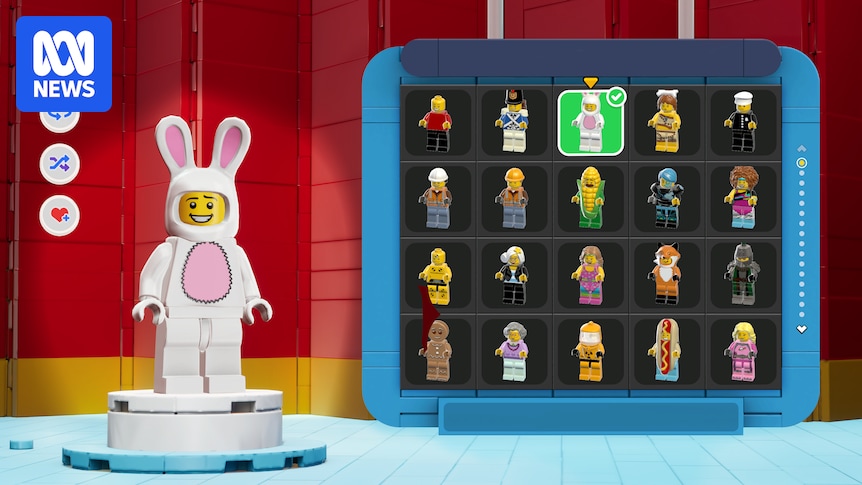
Digital media researchers are raising concerns that online video games might be included under the federal government’s social media ban for individuals under 16. Currently, the ban excludes online services “that have the sole or primary purpose of enabling end-users to play online games with other end-users”. However, experts argue that the definitions within the ban are “incredibly vague”, leaving room for interpretation and potential changes.
Associate Professor Brendan Keogh from the Queensland University of Technology’s Digital Media Research Centre expressed uncertainty about the permanence of the exclusion. “I still have questions about how much any minister of the day can change what is or isn’t excluded from those central definitions,” Dr. Keogh noted. “I think there’s concern in the video game industry about just how reliable or permanent that exclusion of [online] games is.”
Concerns Over Moderation and Regulation
Last month, eSafety Commissioner Julie Inman Grant confirmed she had reached out to online game platforms, including Roblox and Lego Play, indicating that the ban could potentially apply to their services. According to Marcus Carter, a professor in human-computer interaction at the University of Sydney, platforms like Roblox are “rightfully critiqued” for insufficient moderation of “fringe, far-right material” uploaded by users. He warned that such a ban might merely redirect young users to other games.
“Is the commissioner going to play whack-a-mole with every game that children start playing? Once children are banned from creating an account on one game, they’re just going to move to another game,” Professor Carter said.
Debate Over Potential Overreach
Professor Carter argued that the risks associated with online video games do not justify expanding the social media ban to include them. He emphasized the positive aspects of gaming, stating, “The risks are overwhelmingly outweighed by the positive social, creative, and intellectual benefits of playing games for young people.” He urged parents to engage with their children’s gaming activities rather than support a ban, which he described as a “ridiculous overreaction”.
The Interactive Games and Entertainment Association released a statement noting that video games are already regulated by the National Classification Scheme, which provides clear guidelines on age-appropriateness and content.
Developers Focus on Safety
Meanwhile, Ashley Ringrose, founder of Australian video game developer SMG Studios, expressed confidence in the safety measures implemented in their games. As a father of two, Mr. Ringrose highlighted that SMG Studios’ games, some of which allow young people to interact online, are designed with safety in mind. “Children could describe something innocuous, like where they live, their school or their favourite restaurants, that identifies them. We try to restrict that,” he explained.
SMG Studios has also implemented features like “canned chat”, where players send pre-defined messages, and restricted online play to players’ digital friends or teenage players only.
Future of Online Gaming Regulations
Professor Carter advocates for more safeguards in online video games but remains firm that a ban is not the solution. “A ban is going to eradicate the opportunity to create ‘safety by design’ features that make children’s online play worlds better,” he said. “That’s not the right way to go about building a safer children’s internet.”
The ongoing debate over the inclusion of video games in the social media ban highlights the complexities of regulating digital spaces while balancing safety and the benefits of online interaction for young people. As discussions continue, stakeholders from various sectors are likely to weigh in on the implications and potential outcomes of such regulatory measures.







